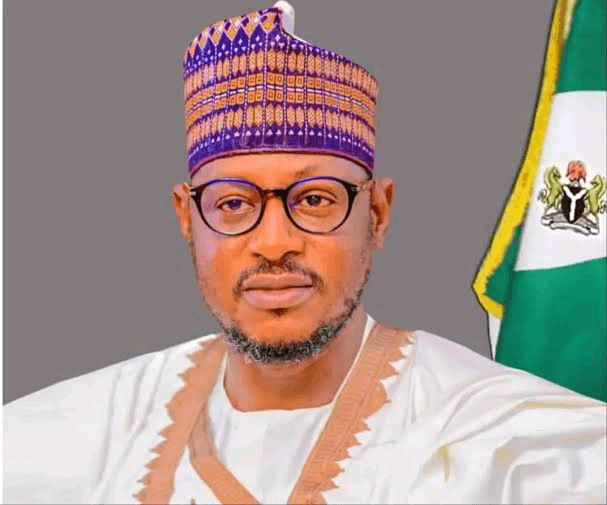From Muawuya Bala Idris, Katsina
In a bid to tackle persistent power outages and reduce the cost of diesel-powered electricity generation, the Katsina State Government has begun installing solar mini grids across various ministries, hospitals, and government parastatals.
The Special Adviser to the Governor on Power and Energy, Dr. Hafeez Ahmad Ibrahim, disclosed this in an interview with Triumph Newspaper. He said the government is committed to ensuring that all ministries, hospitals, schools, and other critical public facilities are powered by solar energy.
Dr. Ibrahim explained that the solar mini grid installations are being executed in phases. So far, about 15 ministries — including the Government House and Katsina General Hospital — are already benefiting from the initiative, enjoying uninterrupted electricity from the newly installed solar infrastructure.
“This move has not only guaranteed a constant power supply but has also significantly reduced operational costs and improved service delivery,” he said.
According to him, the state previously spent approximately ₦300 million monthly on diesel for powering generators at the Government House alone. With the shift to solar, the government has recorded substantial savings.
Dr. Ibrahim further revealed that plans are underway to establish a state-owned independent solar power plant that will supply electricity to all parts of Katsina State.
He added that the government recently signed a Memorandum of Understanding (MoU) to supply electricity to 23 dams and their surrounding communities. The initiative aims to promote irrigation farming and stimulate economic activities in rural areas.
“We have selected Zabke Dam as the pilot project, and we plan to expand to the remaining dams,” he said.
As part of its broader energy reform efforts, the state government also recently cleared an outstanding ₦700 million debt owed by the Kano Electricity Distribution Company (KEDCO). This move is expected to enhance the steady supply of electricity by the utility provider.
He noted that the state government still spends over ₦100 million monthly on electricity bills, underscoring the importance of transitioning to more sustainable and cost-effective energy solutions.


